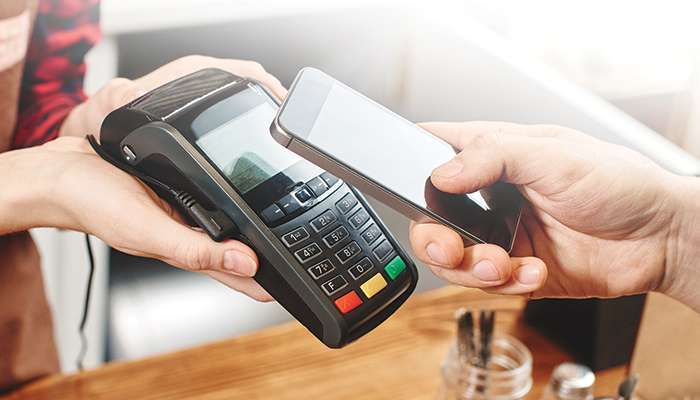
Muscat: The Ministry of Commerce, Industry and Investment Promotion (MoCIIP) is continuing to carry out inspection campaigns on a number of commercial stores across the Sultanate of Oman. It was found that 78 commercial stores did not comply with providing electronic payment service to consumers.
The Ministry confirmed previously that it had carried out several awareness and inspection campaigns for shop owners to provide electronic payment service to consumers in various governorates of the Sultanate of Oman.
Speaking exclusively to Times of Oman, a senior official form the Ministry of Commerce, Industry and Investment Promotion ( MoCIIP ) stated that the statistics of the Central Bank of Oman( CBO), indicated an increase in the number of electronic payment service providers, as the number of devices in 2021 reached more than 63 thousand devices, and the number of devices in 2022 reached more than 85 thousand devices, with an increase of 34%.
As for the implementation of the periodic inspection carried out by the Ministry on commercial establishments, he confirmed that the Ministry recorded 444 violations of commercial establishments, for violating Ministerial Resolution No. (386/2022) regarding the provision of electronic payment service to consumers.
On other hand, the Ministry of Commerce, Industry and Investment Promotion, said in a statement in online said that it carried out inspection campaigns on a number of commercial stores, which resulted in 78 violations of commercial stores that did not comply with providing electronic payment service to consumers.
The official also confirmed to Times of Oman that it has carried out many awareness and inspection campaigns by the ministry for shop owners to provide electronic payment service to consumers in various governorates of the Sultanate of Oman.
He explained that shop owners were given a period to reconcile their situation, in an effort to achieve a comprehensive digital transformation, reduce security risks in dealing with cash, in addition to accelerating the organisation of buying and selling operations, customer service management, financial management, inventory management, and reducing the risks that the institution may be exposed to. Like theft, insider fraud, and fake billing.
The Ministry concluded by emphasizing the ease of providing the service, as the Central Bank of Oman coordinated with banks and providers of bill payment services, point-of-sale device, or any payment service for merchants, without installation fees or monthly or annual fees for private sector institutions, and adherence only to fees for specific merchant transactions. by the Central Bank of Oman; So that it does not exceed 1.5%, and a maximum of OMR 10 for payment via direct debit cards, and does not exceed 0.75% for mobile payment via a quick response code